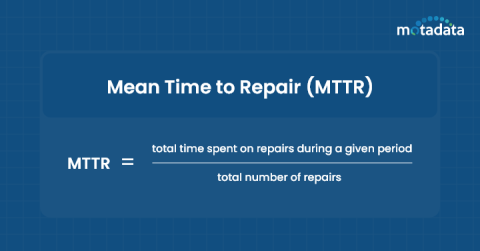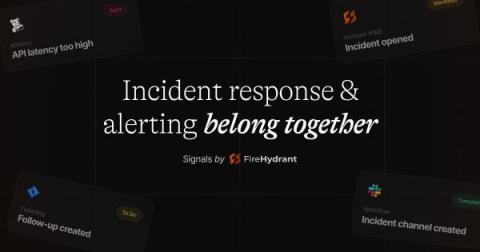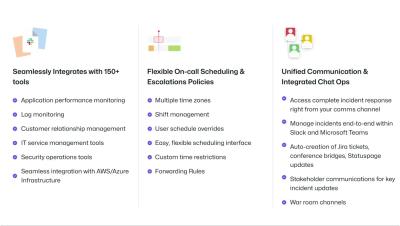Operations | Monitoring | ITSM | DevOps | Cloud
Incident Management
The latest News and Information on Incident Management, On-Call, Incident Response and related technologies.
How to Reduce MTTR: A Complete Guide
Organizations striving to improve their operational efficiencies must know how to reduce MTTR as it plays a key role in today’s fiercely competitive business landscape. Customer satisfaction is a top priority for most businesses and late response to their queries or issues can have a negative impact. To track the response and resolution time, businesses measure their MTTR score. MTTR is a key metric that gives insight as to how much time an organization takes to resolve an incident or issue.
Terraform Time - Enrich PagerDuty incident response leveraging Custom Fields
How observability and AIOps work better together
If you’re juggling complex, cloud-based, containerized systems and aiming to meet high customer expectations, your old monitoring processes probably don’t cut it anymore. Increasing infrastructure complexity means you need to instrument more, log more, and monitor more. That leads to even more complexity. The answer is better observability, right? Yes and no. Observability and monitoring are critical, but they are only part of what you need for service awareness and availability.
Captains Log: A first look at our architecture for Signals
Welcome to the first Signals Captain’s Log! My name is Robert, and I’m a recovering on-call engineer and the CEO of FireHydrant. When we started our journey of building Signals, a viable replacement for PagerDuty, OpsGenie, etc, we decided very early that we would tell everyone what makes Signals unique, and what better way than to tell you how we’re building it (without revealing too much 😉). Let’s jump in.
The New SEC Rules and You
What you need to know about the The Digital Operational Resilience Act (DORA)
The European Commission has introduced the Digital Operational Resilience Act (DORA) to bolster the digital infrastructure of the financial sector within the European Union (EU). As part of the EU's wider digital finance strategy, DORA's objective is to create a comprehensive framework governing digital operational resilience. Financial institutions must ensure full compliance with DORA by January 2025.
Mastering Root Cause Analysis: A Guide for Site Reliability Engineers
Site Reliability Engineers (SREs) play a vital role in ensuring the stability and performance of web services and are key in incident management. One of the core skills SREs need is the ability to conduct effective Root Cause Analysis (RCA) when issues arise. This guide is about how to improve your RCA skills for more effective post-incident analysis.Let's dive in.🔖 What is Prometheus Alertmanager? Read here!











